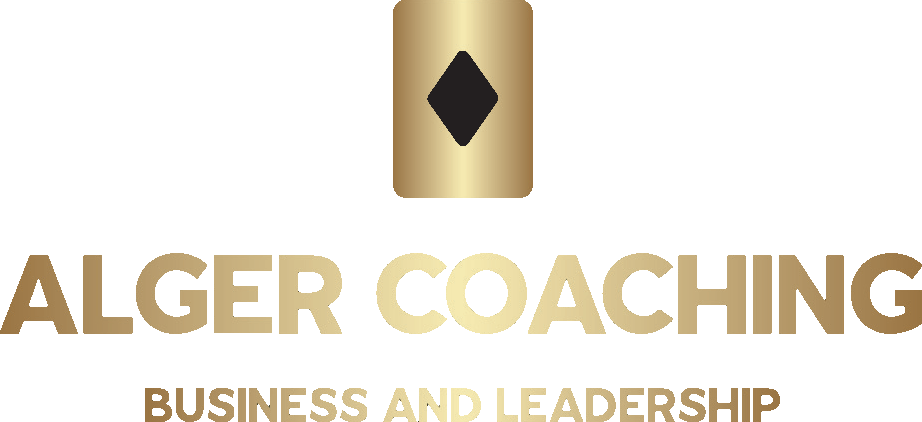8 Eye-Opening Insights: How Proactivity Triumphs Over Procrastination Every Time
In the modern age, where the hustle culture often dominates the narrative, understanding productivity is more crucial than ever. But beneath the surface of to-do lists and time management techniques lies a deeper, more psychological battle: Proactivity versus Procrastination. Bryan Alger, an executive coach with a passion for personal and professional growth, sheds light on this often-overlooked aspect of productivity.
1. The Mirage of Tomorrow
Procrastination is seductive. It lulls us into believing that tomorrow holds more promise, more time, more energy. But as Bryan aptly puts it, while procrastination whispers of tomorrow's potential, proactivity loudly advocates for the power of the present.
2. The Momentum Principle
Momentum, once gained, can be a powerful ally. Proactivity, with its forward motion, naturally builds momentum. In contrast, procrastination, with its inherent inertia, slowly but surely erodes it.
3. Venturing Beyond Comfort
Comfort zones, while safe and familiar, are also limiting. Procrastination often acts as the gatekeeper of this zone, ensuring we remain within its confines. Proactivity, on the other hand, dares us to venture out, to embrace challenges, and to grow.
4. The Real Energy Dynamics
Contrary to popular belief, procrastination doesn't recharge us. In fact, it's quite the opposite. While proactivity invigorates and energizes, the act of delaying tasks often leads to mental fatigue and energy drain.
5. Clarity of Vision
A clear vision acts as a compass, guiding our actions and decisions. Proactivity, with its forward-thinking nature, aligns seamlessly with this vision. Procrastination, however, clouds this clarity, making our path seem uncertain.
6. The Present Paradox
Time is a finite resource. Yet, procrastinators often deceive themselves into believing they have an abundance of it. As Bryan highlights, procrastination isn't about banking on future time; it's more about evading the present moment.
7. Growth Dynamics
Personal and professional growth is a journey, one that requires consistent effort and action. Proactivity, with its action-oriented approach, is a catalyst for growth. Procrastination, being passive, often hinders this journey.
8. The Landscape of Regret
Every action (or lack thereof) has consequences. While proactivity often leads to achievements and a sense of accomplishment, procrastination paves the way for regrets and "what could have been" scenarios.
For those keen on delving deeper into the intricacies of proactivity and the nuances of procrastination, Bryan's podcast offers a treasure trove of insights. As an executive coach, he brings a unique blend of professional expertise and personal experiences to the table, making his podcast a must-listen for anyone on a productivity journey.
In Bryan's words, "Productivity isn't just about doing more; it's about understanding the underlying forces that drive us." Whether you're a seasoned professional or just starting out, Bryan's insights can help you navigate the productivity maze with clarity and confidence.
Discover more about Bryan's approach to productivity, connect with him directly, or immerse yourself in his podcast for a deeper dive. Redefining productivity, one proactive step at a time.
Share this...
Tune in for more...



